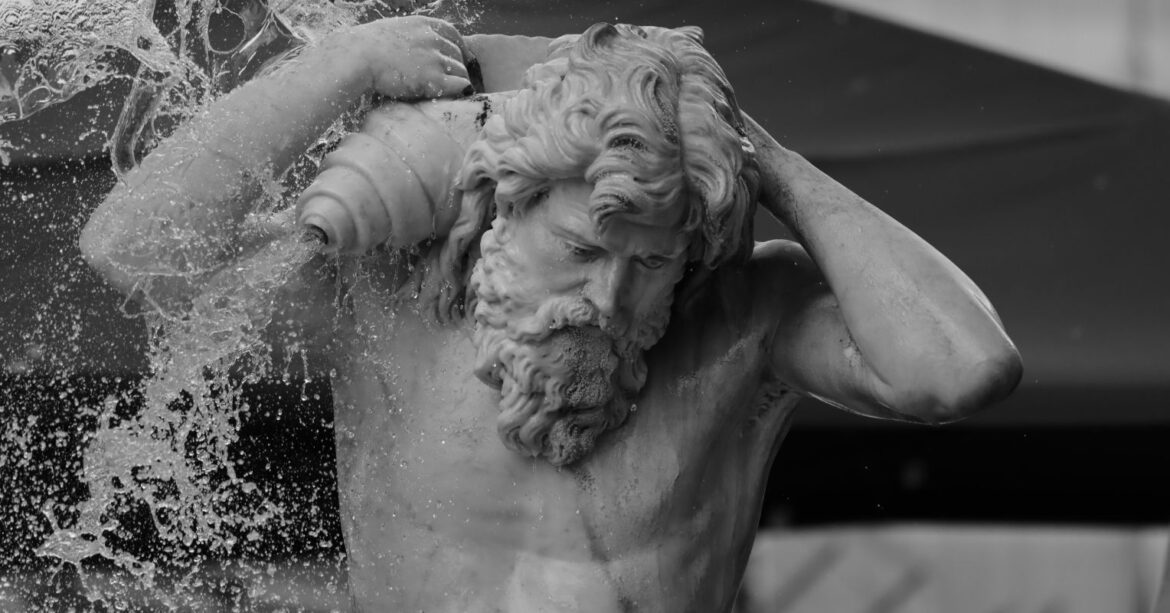The Evolution of Truth Perception: Insights from Werner Herzog
In an era where small fabrications are often overlooked for the sake of a greater narrative, the understanding of truth is undergoing a profound transformation. This phenomenon raises the question: why do many willingly accept inaccuracies that align with their emotional or ideological beliefs? The exploration of how language shapes culture reveals a shift towards visual and conceptual interpretations of truth that resonate on a deeper emotional level.
The Shift from Literacy to Post-Literary Culture
In contemporary post-literary societies, the emphasis on structured arguments has diminished, giving rise to a preference for images, symbols, and fragmented narratives. Truth is increasingly perceived as contingent upon what can be convincingly presented rather than merely a reflection of reality. As a result, meaning creation often takes precedence over factual accuracy.
Werner Herzog: The Intersection of Truth and Illusion
Werner Herzog stands out in the film industry for his ability to highlight deeper truths through the use of deliberate falsehoods. His film “Lessons of Darkness” serves as a poignant example. Herzog begins the documentary with a fictitious quote from Blaise Pascal. This choice was not made for its truthfulness, but rather for its evocative quality that sets the emotional tone of the film.
The film’s portrayal of the oil fires in Kuwait post-Gulf War is steeped in surreal imagery and sparse commentary. Herzog’s stylistic choices focus less on logical coherence and more on creating an emotional resonance that transcends conventional arguments.
The Craft of Myth-Making
Herzog often describes himself in mythical terms, positioning his work within a narrative that blends personal history with imaginative storytelling. This approach underlines his ability to craft a unique cinematic experience that evokes profound emotional responses. Films like “Fitzcarraldo” and “Aguirre, The Wrath of God” prioritize immersive storytelling over traditional plot structures, driving home the absurdities of obsession and ambition.
History and Memory in a Post-Literary Framework
This evolving relationship with truth extends to how history is perceived and utilized. In a literacy-driven context, history demands critical engagement and context. Conversely, in post-literary culture, it often adopts a more aesthetic role, reflecting current values rather than historical accuracy. American historian Christopher Rush warns that an overemphasis on the present can distort collective memory, as historical narratives are increasingly reshaped to fit contemporary ideologies.
The Psychological Implications of Historical Reinterpretation
The way history is continuously reconstructed to affirm current emotional states can have significant psychological consequences. In personality psychology, two critical domains—identity and self-direction—may suffer. The erosion of a stable historical framework can lead to a fragmented sense of self, where identity becomes overly reliant on external validation and fluctuates with current events.
The Balance of Truth and Emotion
Herzog’s films and the broader trend of post-literary culture illustrate the importance of finding balance between logic and emotion. The abandonment of one in favor of the other can lead to a disordered perception of reality. The challenge lies in navigating these opposing forces to foster a comprehensive understanding that honors both emotional truth and factual accuracy.

